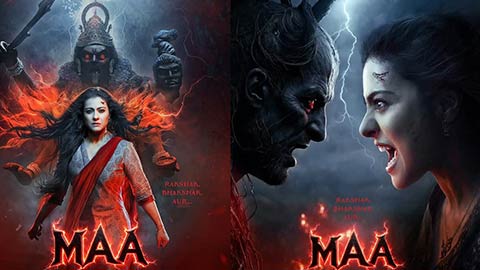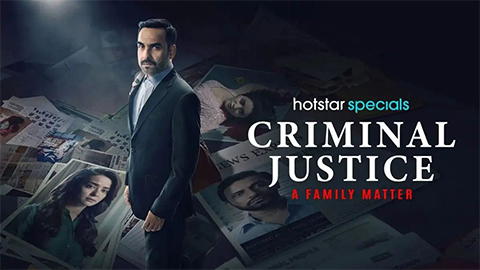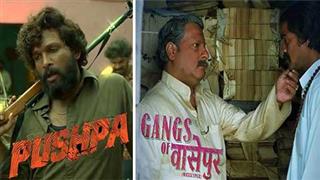Rating: ***
The serial bombing of suburban trains in Mumbai in 1996 is a nightmarish incident the nation would never forget.
And Mumbaikars still get gooseflesh recalling the ghastly incident. Mumbai Meri Jaan recreates the incident on celluloid, but is not about terrorism per se. It talks about the aftermath of this tragedy and how the lives of five people, not remotely connected or associated with one another, gets affected in the process.
Mumbai Meri Jaan is more of an emotional journey. Five varied stories unveil in those 2 hours (a concept that's fast catching up with Bollywood) and each makes a statement.
Nishikant Kamat's first Hindi venture is one of those films that don't deviate from the core issue. It may not be foolproof in terms of writing, but the execution is so compelling that one overlooks those minor blemishes in the narrative.
Mumbai Meri Jaan is more of a tribute to the never-dying spirit of this dynamic city called Mumbai. A film that every citizen should watch!
On July 11, 2006, the local train service, known as Mumbai's lifeline, was struck by a series of bomb blasts. Mumbai Meri Jaan explores the impact of this devastating incident on the lives of people of Mumbai.
From a brilliant broadcast journalist to a patriotic corporate man; from a retiring policeman at the twilight of his life to a rookie cop at the dawn of his career; from an angry and xenophobic unemployed young man to a coffee-vendor struggling to survive and belong: Mumbai Meri Jaan follows the lives of people from all strata of Mumbai's bustling society as they tackle the aftermath of a fatal incident that brings out the best and sometimes the worst in them.
Mumbai Meri Jaan looks at the common tragedy, but diversifies into five different stories at the very start itself. Each of those stories and the characters depicted in those stories are relatable. If you haven't witnessed these people, there's a possibility that you may've heard or read about them.
Amongst the five stories, the ones that leave a stronger impression are Paresh Rawal-Vijay Maurya, Irrfan Khan and Kay Kay Menon. Soha's story may not appeal as much since it tends to go overboard, while Madhavan's story has its moments, but is not as impactful.
Nishikant Kamat has executed the sensitive subject with gloves, handling each of those five stories with care. A number of emotional moments in the narrative move you and at times, depress no end. Credit must also be reserved for its writer as also the art director, who has recreated the ghastly incident so realistically.
Every performance in the film is applaud-worthy. Paresh steals the show. This performance should easily make it into the Top 5 performances of the year.
Irrfan is marvellous. Watch him hate the fragrance of the perfume soon after he has been insulted at the mall. It's superb! Kay Kay is fantastic. The actor makes his part appear so real. Soha is a surprise.
Watch her emotional breakdown at the morgue and you know that she has gradually evolved into a terrific actor. Madhavan is equally competent, conveying so much even when silent. Vijay Maurya is superb. His scenes with Paresh are incredible.
On the whole, Mumbai Meri Jaan is a well-intentioned film that should win praise for its execution and performances. It's more for the discerning viewer, those who swear by serious cinema.
Friday, August 22, 2008 11:19 IST















